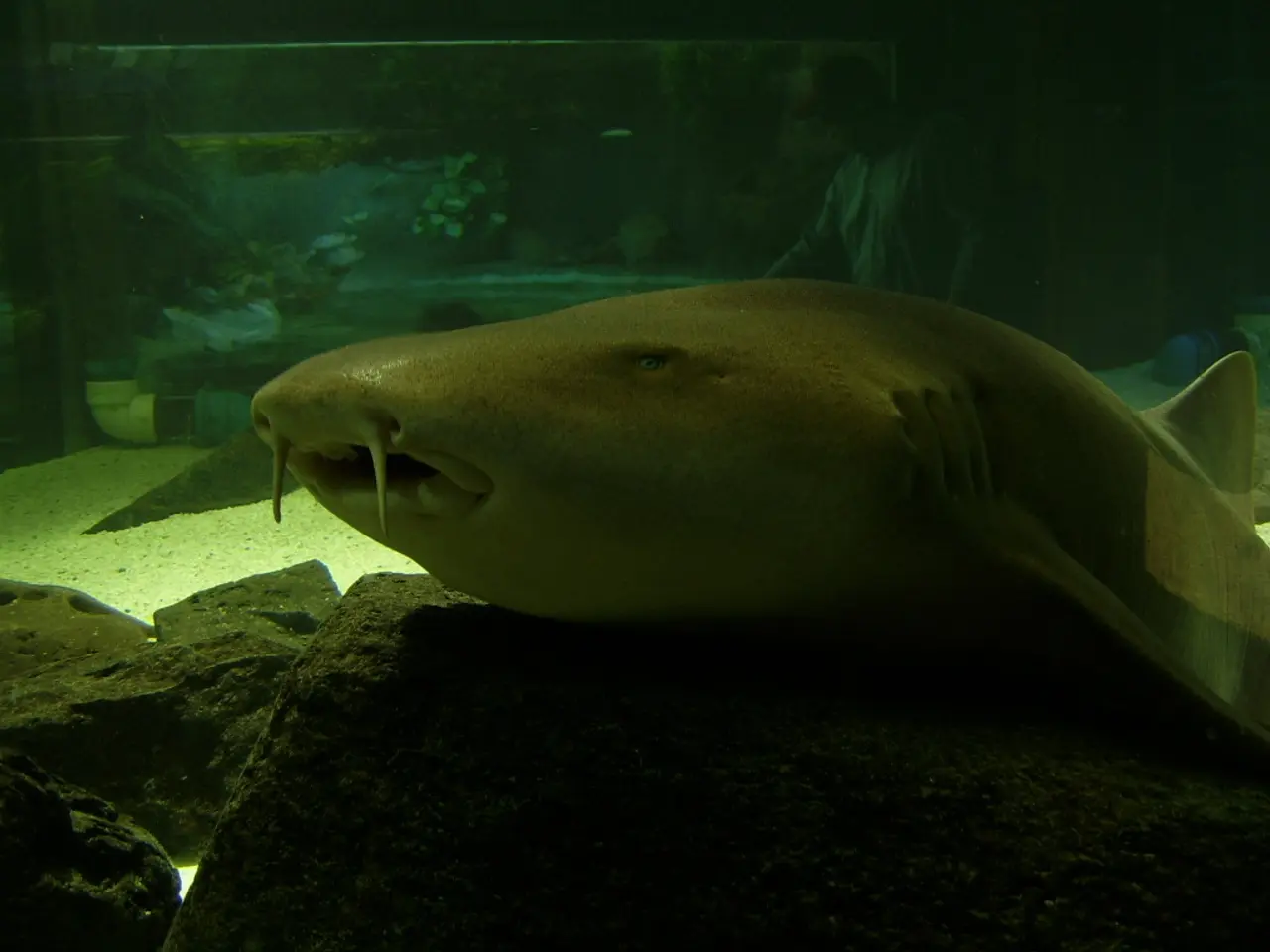Testing Aquarium Water: Essential Parameters to Check (and Their Purpose) in Fish-only and Reef Tank Setups
Maintaining Ideal Water Parameters in a Reef Aquarium
A reef aquarium is a delicate ecosystem that requires careful management to ensure the health and well-being of its inhabitants. One of the key aspects of maintaining a thriving reef tank is testing and monitoring the water parameters.
Crucial Water Parameters for a Reef Aquarium
The essential water parameters to test in a reef aquarium include alkalinity (8-12 dKH), calcium (400-450 ppm), magnesium (1250-1350 ppm), pH (8.1-8.4), salinity (specific gravity ~1.025), temperature (76-82°F), ammonia (0 ppm), nitrite (0 ppm), nitrate (<20 ppm), and phosphate (low levels to prevent algae growth). These parameters are critical for coral health, growth, and overall tank stability.
In addition to these parameters, advanced reef setups may benefit from monitoring trace elements such as potassium, iron, strontium, iodine, and the presence of heavy metals like copper and lead for optimal coral performance and avoiding toxicity.
Accurate and Easy-to-Use Test Kits
For basic testing, manual hobby test kits and strips for pH, ammonia, nitrite, nitrate, and hardness are widely used and generally easy to use. However, they are less precise, suitable for regular basic monitoring.
For more precise and comprehensive water chemistry monitoring, reefkeepers often combine routine manual test kits with advanced tools like the Neptune Systems Trident or lab tests like the ATI ICP-OES Pro Water Analysis. The Trident automatically tests alkalinity, calcium, magnesium up to 24 times daily, plus daily nitrate and phosphate testing, offering remarkable precision. The ATI ICP-OES lab test analyses 43 parameters with high precision, including major and trace elements plus heavy metals, providing comprehensive and tailored insights but involves sending samples to a lab rather than at-home testing.
Stable Parameters for a Thriving Reef Tank
Maintaining stable parameters consistently is more important than hitting exact numbers, so regular testing (weekly or bi-weekly after initial stabilization) and gradual adjustments are recommended to keep reef tanks thriving.
Minor Elements and Their Importance
Iodine, strontium, potassium, boron, and iron are minor or trace elements that help improve the growth and coloration of corals in a reef aquarium. A weekly regimen is probably best for testing minor elements, and a log of test results is helpful.
Phosphate Levels
Low phosphate levels can starve corals. The ideal phosphate level in a reef aquarium should be kept below 0.05 ppm. On the other hand, high phosphate levels can lead to algae issues and cause corals to brown out or deteriorate. Phosphate can be kept low by using phosphate-reducing filter media or through supplementation.
Nitrate Levels
Nitrate is a final product of the nitrogen cycle and should be tested weekly to establish a filter maintenance and water change schedule.
Conclusion
By maintaining ideal water parameters and monitoring minor elements, reefkeepers can ensure a thriving reef aquarium. Regular testing, logging results, and gradual adjustments are key to maintaining a stable and healthy environment for fish and coral.
- To maintain a thriving reef aquarium, one can use science-based test kits available for aquarium parameters such as pH, ammonia, nitrite, nitrate, and hardness.
- These test kits are crucial for the health-and-wellness of corals in the aquarium and help ensure overall tank stability.
- For more advanced monitoring, technology like the Neptune Systems Trident can be used for precise testing of key elements like alkalinity, calcium, magnesium, as well as nitrate and phosphate on a daily basis.
- Regular shopping for these test kits, technological tools, and lifestyle products related to home-and-garden ( like phosphate-reducing filter media or supplements) will contribute to the long-term success of a reef aquarium.




